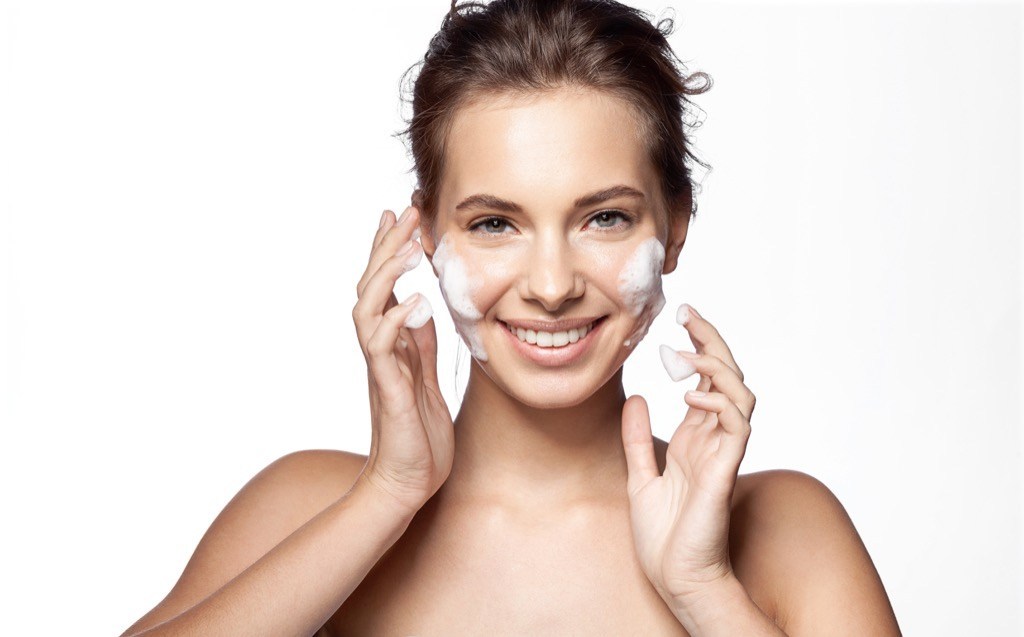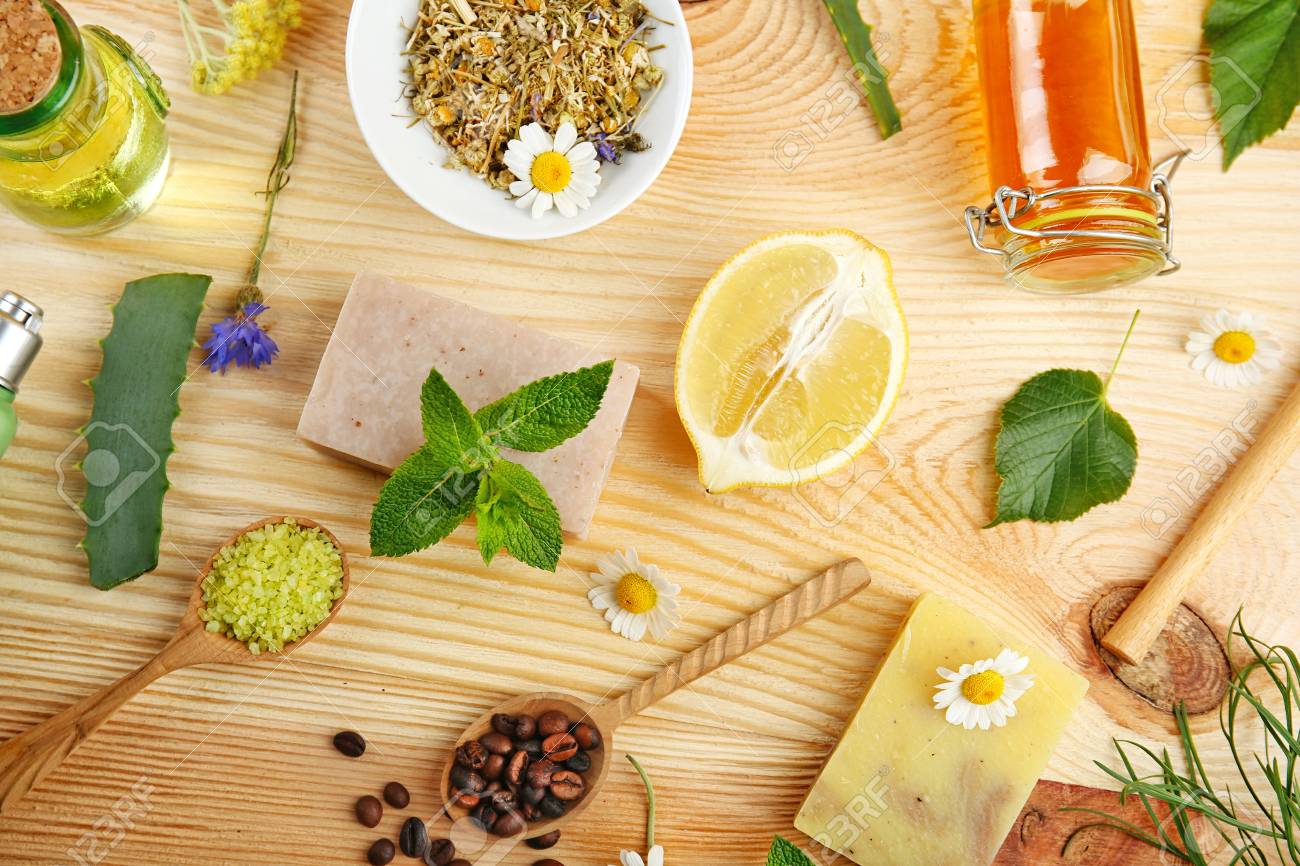
A gentle approach to the problem of acne treatment
For some of us, acne is a long-distant memory from adolescence that was almost like a right-of-passage. For others, particularly those with oily skin, it’s a plague that continues through to adulthood, causing frustration, embarrassment and lack of self-esteem.
Here we’ve broken the issue down to provide practical lifestyle and skincare tips that could help clear things up - in more ways than one!
The problem of oily skin
Oily skin is the result of excess sebum being produced by the skin. People with this skin type often have enlarged pores in the oily sections on their face, and it’s these areas that are commonly affected by pimples, blackheads and whiteheads.
So what causes this excess sebum? Sebum may sound like the bad guy here, but in normal amounts it does wonders for your skin. It acts as a natural cleanser and supports your skin’s barrier and defence system, which is also known as the acid mantle, so that skin can protect itself better from invaders like dirt and bacteria.
As we go about our lives, things happen that stimulate the production of too much sebum. Culprits are hormones, high stress, climates with high or low humidity, diet and skincare products with harsh ingredients, to name a few. If you’re prone to oily skin, you’ll probably have a good idea of what makes your sebum production go into overdrive.
More about acne
Acne is a skin condition that arises from a variety of factors, such as overactive sebaceous glands, hormonal changes (including puberty, pregnancy and menopause), bacteria (specifically propionibacterium acnes) and dead skin cells that can clog pores. Acne can affect people with all skin types, but oily skin does tend to be more susceptible to acne due to the presence of excess sebum.
Daily habits for getting acne under control
Your skin is the largest organ of your body and since it’s porous, it absorbs whatever you put on it and in it. By making a few small changes to your routine, you look forward to improved complexion and better overall wellness.
Makeup
If you have skin that’s prone to blocked pores, try avoiding heavy makeup, especially foundation and concealer. There are plenty of oil-free and mineral-based options available that would be much less clogging on your skin. Maybe it’s time to switch to a BB cream, which is less a foundation and more like a tinted moisturiser.
Reduce sugar and alcohol consumption
There are many myths floating around that certain foods cause acne, but no real conclusive research to prove any of them have merit. However this is good evidence that excessive alcohol and sugar intake can make your hormones fluctuate, which in turn can affect your sebum production. If you’re prone to oily skin or acne, try cutting back on these.
Help your body fight inflammation
It is well documented that Omega 3 Fatty Acids have many health benefits; one of these is to reduce inflammation in skin conditions. Food such as oily fish, almonds, walnuts and flaxseed are great sources of Omega 3 fatty acids. Consdering switching to a breakfast cereal that’s based on nuts and seeds.
Clean your phone, makeup brushes and bedsheets regularly
Think about what touches your face as you go about your day - how often do you clean them? Over time these things carry a build-up of dirt, oil, sweat, hair and makeup products that can end up blocking your pores. Get into the habit of cleaning your phone daily, laundering bed sheets weekly, changing your pillowslip every couple of days and washing makeup brushes every two weeks.
Take steps to avoid stress
Stress is also known to affect hormone levels, but everyone destresses differently - find what works for you. It may be simply going for walks, meditating once a day or making sure you get enough sleep.
Skincare strategies to stop the spots
By combining the above lifestyle tips with a good skincare routine, you’re working with a winning combination that your skin will love you for.
Use a gentle cleanser
It may seem that if you have oily skin, you need to use products that strip your skin of oil, but this is not that case. Harsh cleansers can be overly drying and strip your skin of its natural oils, which makes your skin work overtime to produce more oil to compensate. Look for a cleanser that gently cleanses while still preserving the skin’s natural oils. For example, at the end of the day use Okana Radiant Skin Sorbet Cleanser for a first cleanse (use a washcloth and warm winter to rinse it off), then follow up with a second cleanse of Apple Juice Foaming Cleanser. Finish with toner to get your skin’s pH back to the right place.
See our article on the benefits of double cleansing.
Hydrate your skin
No matter what your skin type, you should always moisturise after cleansing. This will help your skin find and maintain a healthy balance. Avoid heavy, rich creams - instead, use a natural nutrient-rich product that is mild and gentle on your skin, like our Vegetable Garden Day Moisturiser.
Exfoliate two to three times a week
Some exfoliators on the market are very harsh, which can make an acne breakout worse. Plus they can include ingredients that are bad for the environment, like polymer microbeads. Look an exfoliator with natural and gentle ingredients – our scrub uses finely ground bamboo.




Leave a comment
This site is protected by hCaptcha and the hCaptcha Privacy Policy and Terms of Service apply.